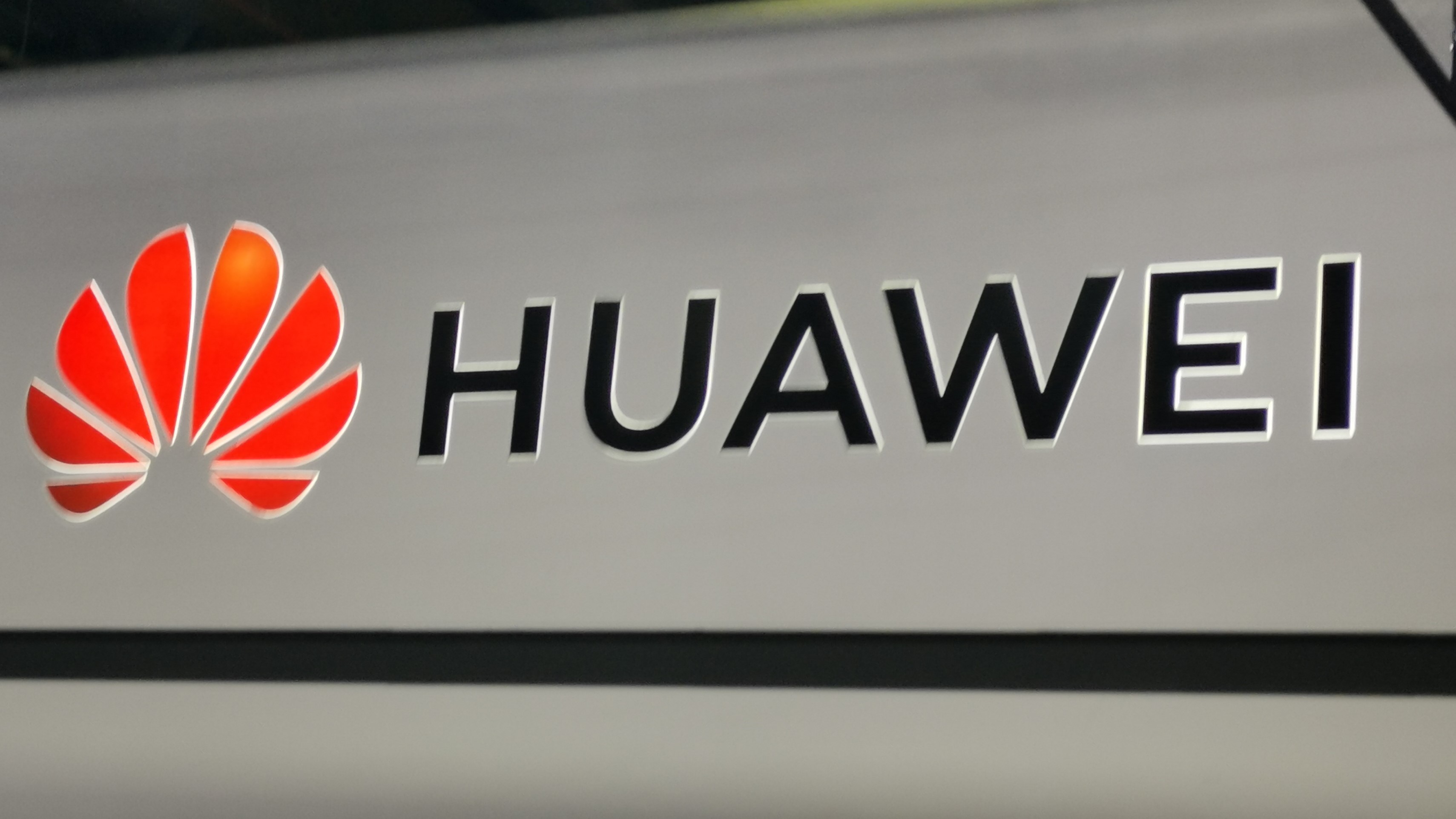US wants to help Ericsson, Nokia and others develop 5G alternatives
Washington seeks to reduce Chinese influence on 5G

The US government wants to lend its support to all areas of the 5G ecosystem in a bid to decrease the influence of China on mobile technology.
To date, Washington’s efforts have been focused on lobbying its allies to ban Huawei from their 5G rollouts on national security grounds. American officials have suggested that intelligence sharing could be limited with nations who allow the company to play a role in deployment.
This course of action has been pursued despite Huawei’s frequent denial of any allegations and the failure by the US to produce any evidence to supports its claims.
- What is 5G? Everything you need to know
- Huawei details 5G base station and modem chips
- US has 'no evidence' for claims
US 5G strategy
However following the UK’s decision to allow Huawei to supply operators with equipment – albeit with restrictions – the US is seemingly adopting a different tact. The British decision was influenced by the belief that there was no realistic alternative to Huawei gear, which industry observers argue is cheaper and more innovative in some scenarios.
This is a view that officials in France, Germany and other European nations might be sympathetic to when making their own judgements on Huawei.
The US Secretary of Defence Mark Esper reportedly told the Munich Security Conference that America was working with vendors like Ericsson, Nokia, Samsung and beyond to develop alternative 5G technologies. However he did not present any concrete suggestions.
One measure that has been touted is an American stake in a leading European telecommunications equipment manufacturer. Last week, US Attorney General William Barr said the government or a leading US tech firm could buy all or part of one of Ericsson or Nokia in order to fill a strategic vacuum.
Are you a pro? Subscribe to our newsletter
Sign up to the TechRadar Pro newsletter to get all the top news, opinion, features and guidance your business needs to succeed!
Cisco CEO Chuck Robbins told the Financial Times it had no plans to invest in either firm because the lower-margin nature of the market did not suit its business model. He also criticised Washington’s perceived obsession with radio technology given Cisco’s core and transport layer expertise would ensure the US has a major role to play in 5G.
“If you look at the economics of that particular business, it’s not how we run our business,” he told the Financial Times.
- Here are the best deals for Huawei mobile phones in February 2020
Via Reuters / Financial Times
Steve McCaskill is TechRadar Pro's resident mobile industry expert, covering all aspects of the UK and global news, from operators to service providers and everything in between. He is a former editor of Silicon UK and journalist with over a decade's experience in the technology industry, writing about technology, in particular, telecoms, mobile and sports tech, sports, video games and media.